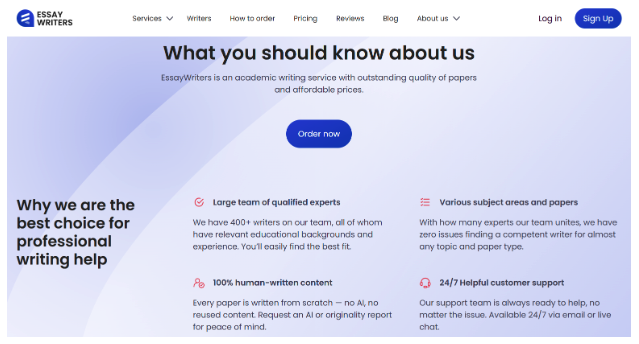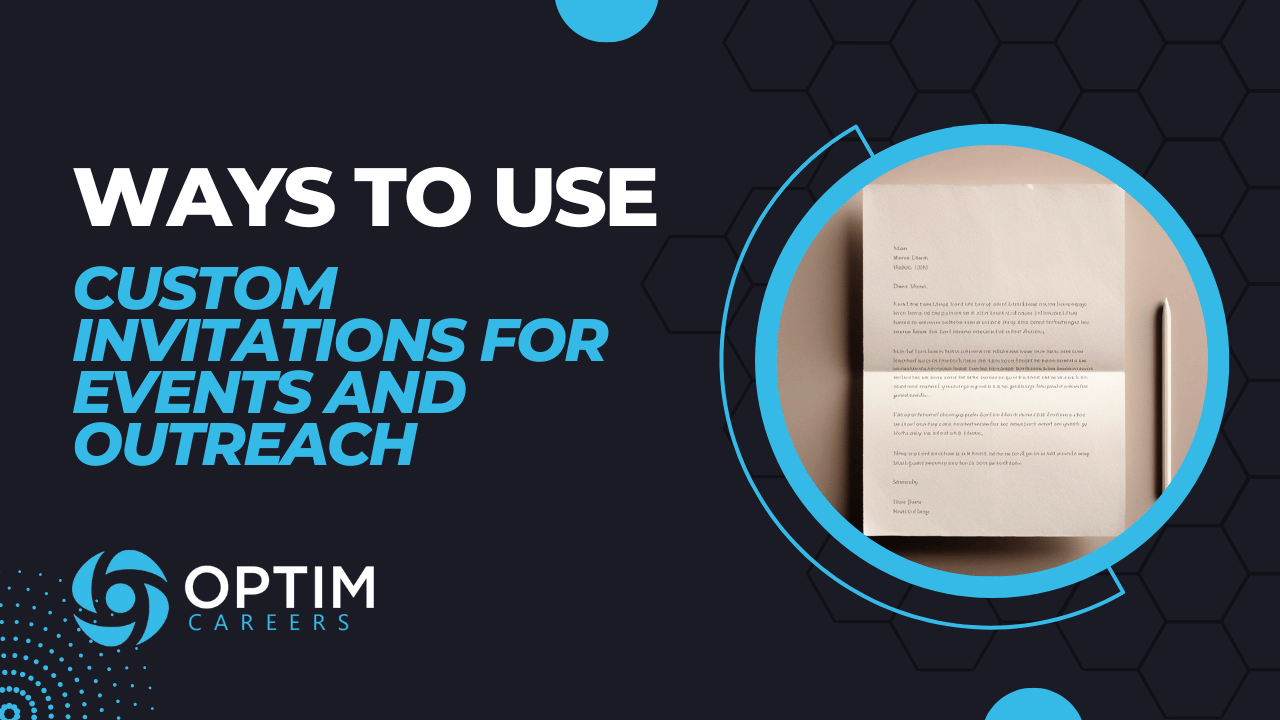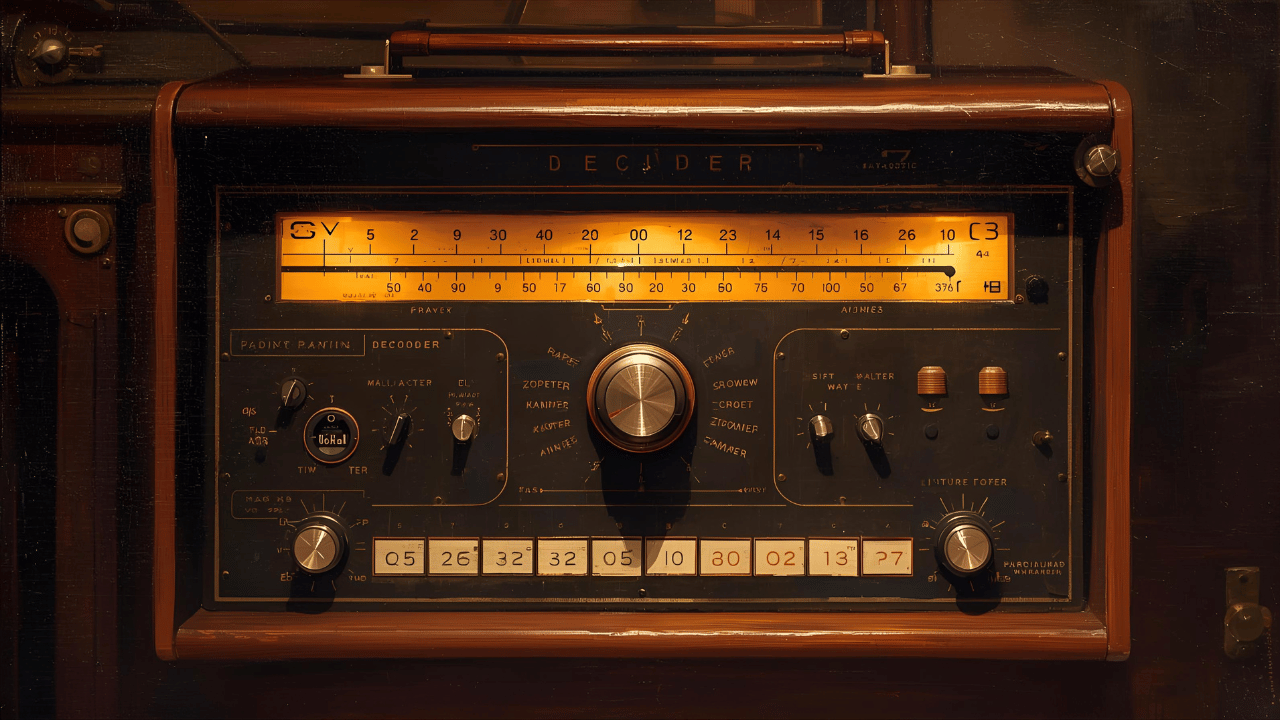Do I Still Need Relevant Course Work in Resume
I usually get this question from college students, recent graduates, and career changers. In all cases, it typically comes up when someone doesn’t have a lot of direct experience and thinks supplementing their resume with education can help offset that.
I’m going to be straight with you, experience (relevant experience) always trumps coursework as more credible, but that doesn’t mean there isn’t a time and place to include your studies, bootcamps, and other learning experiences on your resume.
Today, I want to address:
What relevant coursework looks like;
When it makes sense to include it on a resume;
How to include it on a resume; and
When it’s time to remove it from your resume.
What Is Relevant Course Work?
I view relevant coursework as anything that shows you have the knowledge, or applied knowledge, necessary to do the job you’re applying for. That means it could include more than just college courses.
Relevant coursework could include things like:
College Classes
Projects
Certification Courses
Bootcamps
Those are some of the most common ones that I’ve seen over my decade-long career in recruitment. And don’t forget, classes at trade school count just as much as traditional universities.
Similar Items For Resumes
There are some other items you may wish to include on your resume as well that aren’t necessarily coursework but serve a similar purpose. Those include:
GPA (only if it was very high)
Distinctions and Awards (such as Dean’s List or Magna Cum Laude)
Sports (things like basketball can show qualities of teamwork)
Relevant vs. Non-Relevant
Just because you did something or took a particular class does not mean it belongs on your resume. Not every course is relevant to every job. If you can’t answer with a good reason for including a course (or anything for that matter) on your resume, you should probably take it off.
Your resume isn’t a documentary or autobiography of your professional life. It should be a concise, easy-to-read document that shows the reader that you are qualified to help them solve their problems - that you are qualified for the job.
If you had a 4.0 GPA and wanted to show potential employers that you have a strong work ethic, listing it on your resume helps build that case. If you’re applying for a role such as sales that often indexes sports as a factor in successful hires, include your soccer experience on your resume.
If UX/UI design is a core responsibility of the job you’re applying for, then list your UX project on your resume. But don’t list your cultural anthropology class.
If you’re unsure if something is relevant, the best way to find out is to read the job description and ask other people who already do the job what they think. Those are your two best sources of information. Next would be to consult with a recruiter or job search coach who works in the field you are trying to break into.
Should You Mention Coursework Related to Your Minor?
If it is relevant, yes. Most people won’t care too much about whether the course was part of your major, minor, or just general credits. What they care about is that you can do the job if they hire you.
For example, let’s say you majored in political science, but minored in computer science because it was interesting and you needed more credits. And now you’re applying for an IT support job with a helpdesk. You can still list the computer science courses you took because they are relevant to this job.
When Should Relevant Coursework Be Included On a Resume?
These are the most common situations I’ve run into where it makes sense to include coursework and similar items on your resume.
Students Applying for Internships
Many people list relevant courses on their resume when they apply for internships. This goes for people pursuing career change internships as well. Internships have become the new entry-level job in many fields, so few people expect you to have much experience.
Recent Graduates
If you are a student or recent graduate applying for entry-level roles, it may make sense to include relevant coursework on your resume. Don’t think that it will replace relevant experiences such as internships or even hold equal value to a potential employer, but it’s better than nothing.
Career Changers
If you are changing careers, it may make sense to include coursework. For example, if you were leaving teaching to enter marketing and took a HubSpot certification course, that could be relevant. It might show the employer that you’re taking this career change seriously and that you know how to use HubSpot, a popular tool for many.
Similarly, an Associate Certification from Salesforce could be relevant to those applying for sales jobs. I wouldn’t expect coursework alone to get you into an interview, but it can help in some career-change situations.
Technical Roles
Resumes for technical roles such as software engineering, data science, or network engineering more commonly list coursework, especially those related to programming languages, data structures, or cybersecurity. There are so many courses you can take in traditional colleges and online that could be applicable here.
Academic Jobs
Academic resumes are unique. If you’re applying to work in academia, your resume will be longer than most. These resumes often include publications, research projects, and you guessed it, coursework. I would say out of all the situations, listing coursework on academic resumes is the most common.
Creative Positions
Creative roles are similar to technical ones. There are a lot of relevant courses and certification programs for graphic design, web design, art, and digital marketing that could all be relevant for a resume. If you were applying for a video editing role and took a course on Adobe Premiere Pro, that would be highly relevant to include on your resume. Adobe, for example, offers a whole suite of courses, exams, and certifications for their products.
Healthcare Roles
Healthcare resumes are another unique type of resume that often runs longer than most others. Many healthcare resumes will include certification courses relevant to their field of study such as an ACLS, PALS, ECG, or an NICHE for example.
When to Stop Including Coursework on a Resume
You Have Direct Experience
Most people stop including coursework on their resume once they have one to two years of experience. Experience will always be viewed as more credible than coursework, so once you have enough experience to be seen as credible in your chosen field, you can take courses off your resume.
Internships also count as experience. I worked with a recent grad who had 3 pharmacy internships completed by the time she graduated. We did not include any coursework on her resume because she had applicable experience and didn’t need it.
Relevancy Changes
If the coursework is no longer relevant to the job you are applying for, stop including it. This often happens for career changers or new grads who end up going in a different direction than their degree. If it’s not relevant, it’s distracting and that won’t help you get a job.
For example, I studied anthropology in college. I did not list this on my resume when I was applying for recruiter roles because no one would care about it. However, if I was applying for jobs as a cultural anthropologist or an archaeologist, I probably would have included some of my courses.
Participation Courses
There are a lot of courses you can take outside of a traditional university setting. Google offers them. Amazon has some. There’s everything you can think of on Udemy. I think it’s important to distinguish between a participation course and a true certification course.
Participation courses are those where you get a certificate of completion by just watching the course and completing it. It requires minimal effort. But then there are courses that require hours of field experience in conjunction with passing an exam to get your certificate of completion. The latter are typically seen as having more credibility and therefore those may stay on your resume throughout most of your career.
Participation courses are viewed like college courses. They may be relevant in the situations I discussed in the previous section, but after that, they will lose their relevancy fast.
How to List Relevant Coursework on Resume
List Only Relevant Coursework
First, select only relevant courses that match the job you are applying for. Choose them with purpose.
Change the Name As Needed
It is okay to change the name of a course if you are doing so for clarity, but not to be deceptive. For example, you can’t add Advanced Computer Science to your courses if you didn’t take it. But if you took a course titled Computer Science 404, it may make more sense to simplify it to Advanced Computer Science. Or if the course was titled Society and Culture which was all about Sociology, changing that title to Sociology would be acceptable and helpful.
Include It Under the Education Section
I’m always surprised by the advice I see on resume formatting. As a former recruiter and someone who works with dozens of recruiters at different companies as a consultant, I know how they read resumes. Trust me, don’t do most of the formatting tips you see on the internet like a laundry list of bullet points listing courses.
Instead, beneath your degree, list a few relevant courses in one single line of text. It might look like this.
Bachelor, Marketing | Arizona State University (Magna Cum Laude)
Relevant Coursework: Market Research, Consumer Behavior, Digital Marketing, Brand Management
You want to keep this as concise as possible. The last thing you want is to take up a third of the page with courses. You also don’t want more than one, or two tops, lines of text listing courses. Choose the most relevant ones that fit on one line of text.
You can also see in the example how I added awards next to the University name. You could do this with similar items such as Dean’s List. This isn’t the only way to write this information concisely, but it is an effective way to do so.
As you add courses, be aware that it may increase the length of your resume. As long as the courses are relevant, do not worry about resume length. I’ve written several resumes for recent graduates that were 2 pages in length and they got jobs just fine.
If your coursework has a certification component to it, you could also include it like this.
Bachelor, Marketing | Arizona State University (Magna Cum Laude)
Content Marketing Certificate | HubSpot
Salesforce Associate Certificate | Salesforce
Projects Section
If you have more than one relevant project, you could include it in a separate resume section titled “Projects”. I’ve done this successfully in the past as well where I list out the projects exactly as I would job experiences. You can use my formula in the Definitive Guide to Resume Writing to do this.
Here’s an example of how this was done for someone making a career change to Web 3.0. The below was a rigorous project they completed which we structured similarly to job experiences on the resume.
Web 3.0 Experience
Fundamental Crypto | 2021-present
Attend Crypto Q&A meetings 2x per week and complete decentralized finance courses. Regularly review DeFi white papers and make investment decisions. Make strategic investments in NFTs with heavy knowledge of NFT utility, tokenomics, staking, providing liquidity, and impermanent loss.
Key Contributions:
- Strategically invested in Harmony, DeFi Kingdoms, Compound, and Balancer projects, learning business models and creating investment ROI of 1700% within 6 months
- Attend Art Basel & NFT Week conferences and build relationships with Harmony Network & DeFi Kingdoms executives
Matching Keywords
Ignore the mumbo jumbo you read about matching keywords from your courses to the job description. I’ve been in recruiting since 2015 and I’ve never met anyone who searches keywords for coursework-related items in their ATS - no one.
Other Items You May Consider Including on Your Resume
Similar to coursework, you may also choose to include things such as volunteer experiences, sports, and clubs on your resume as long as you have a purpose in doing so. If you choose to include these things, they should convey some characteristic or qualification about you that is relevant to the hiring team who will read your resume.
Do I Still Need Relevant Course Work in Resume Recommended Reading
Best Resume Writing Services [8 Services That Passed My Test]
Best AI Resume Builders [7 I Would Consider]
How Far Back Should a Resume Go [120 Hiring Managers Weigh In]
Cole Sperry has been a recruiter and resume writer since 2015, working with tens of thousands of job seekers, and hundreds of employers. Today Cole runs a boutique advisory firm consulting with dozens of recruiting firms and is the Managing Editor at OptimCareers.com.
Get Smarter About Job Search
Members get exclusive job search analysis, a curated coaching feed, and on-demand coaching.














